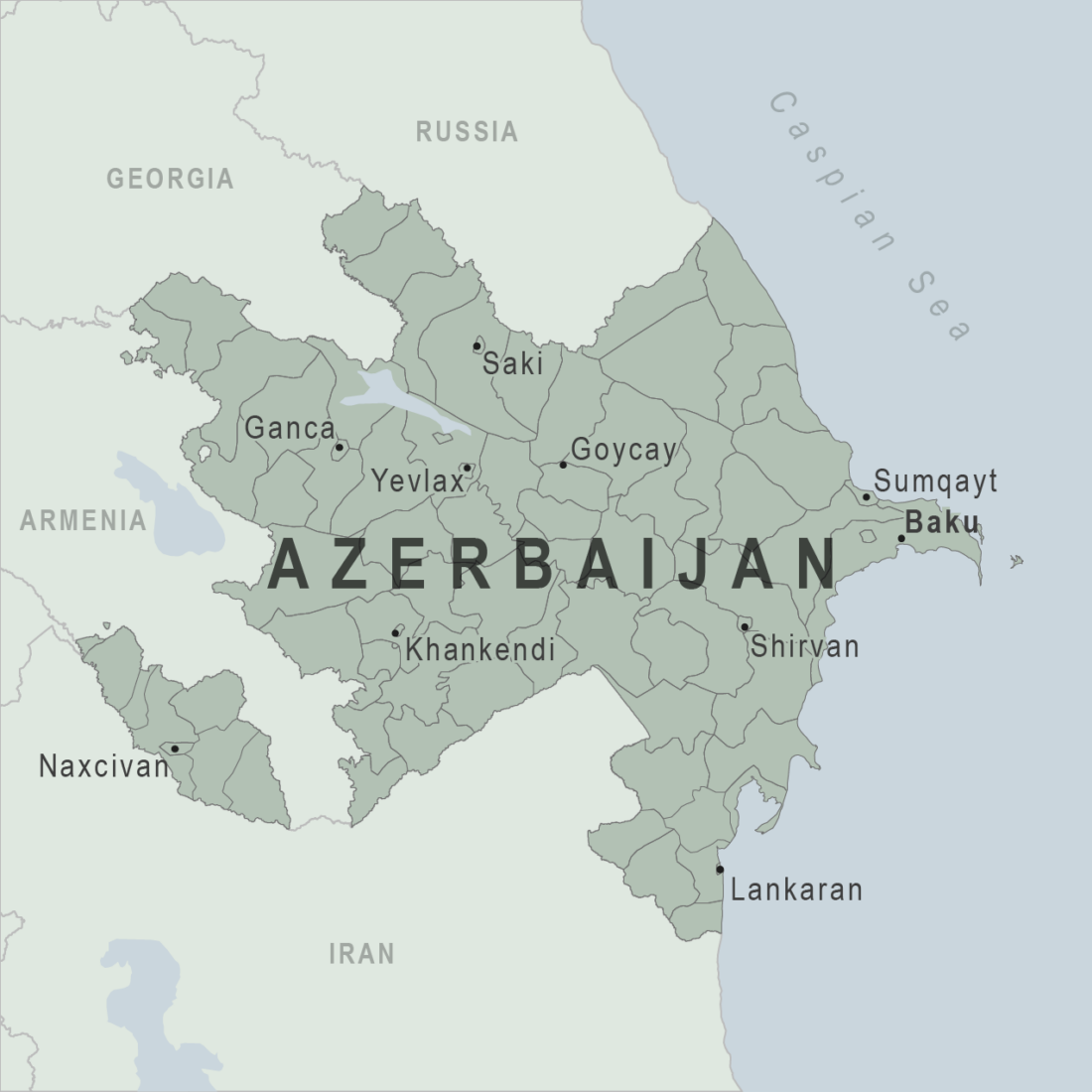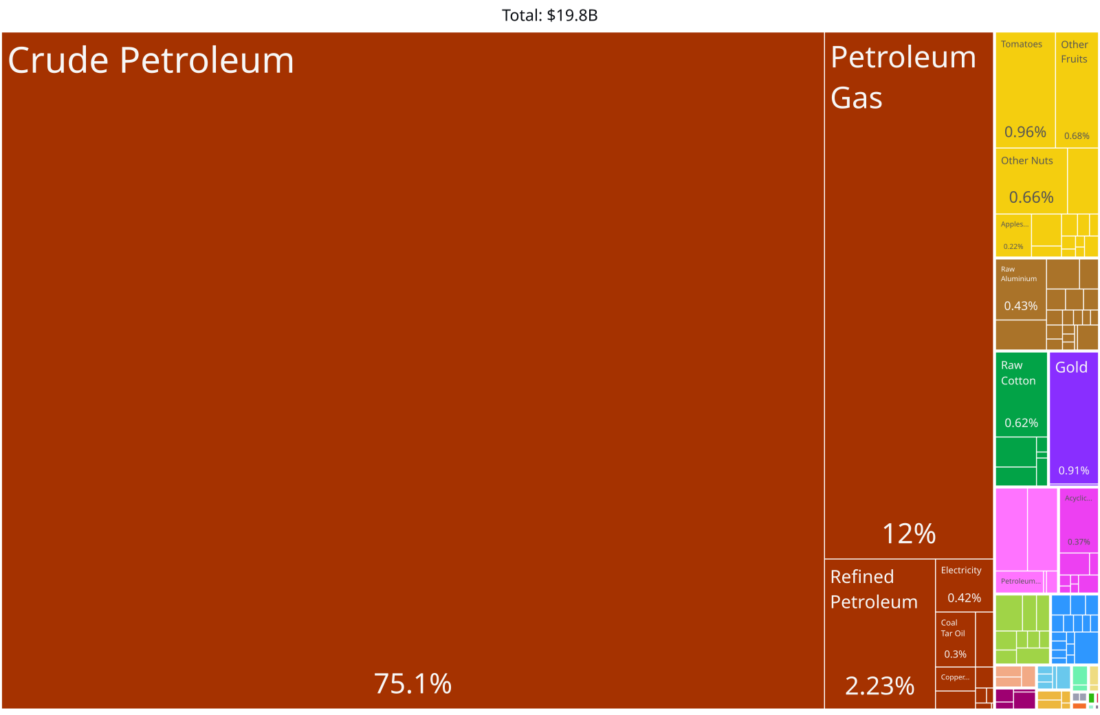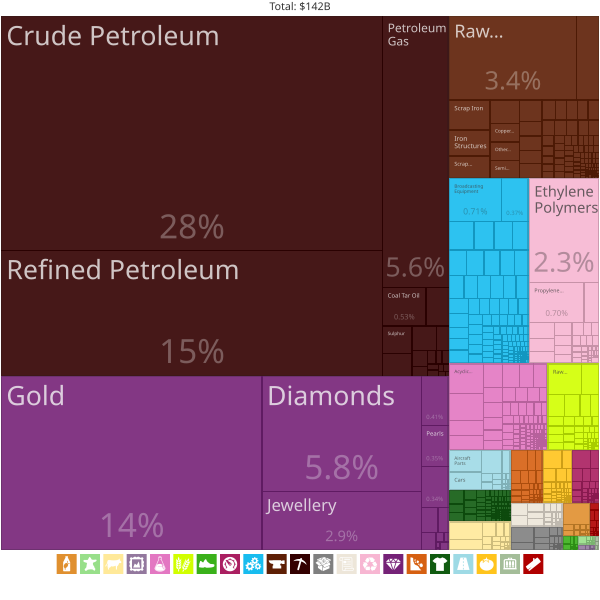
Figure 1 – Map of Azerbaijan (Source: CDC)
If I were president-elect, with the same results and history as President-elect Trump, I would have taken a short working vacation to Baku, Azerbaijan, where COP29 has just opened. As the map above shows, it sits between Russia and Iran. Regardless of the COP29 focus on climate change, which would likely not play a role in his attraction to the event, if he were to take advantage of the location, it could potentially set him up as a world savior. Right now, the heads of state of the most carbon-emitting countries, are skipping the conference:
BAKU, Azerbaijan — World leaders are converging Tuesday at the United Nations annual climate conference in Baku, Azerbaijan although the big names and powerful countries are noticeably absent, unlike past climate talks which had the star power of a soccer World Cup.
But 2024’s COP29 climate talks are more like the International Chess Federation world championship, lacking the recognizable names but big on nerd power and strategy. The top leaders of the 13 largest carbon dioxide-polluting countries will not appear. Their nations are responsible for more than 70% of 2023’s heat-trapping gases.
I am certain that Trump’s presence would have changed that. President Biden is not participating, probably for the reason that after the November 5th election, his participation likely wouldn’t have made a major impact. President Putin is skipping too, although Russia is attending with a large delegation and was instrumental in choosing this location for COP29. Iranian President Masoud Pezeshkian will take part in the conference although the trip recently invoked bitter memories:
On 19 May, a helicopter carrying Iran’s president, Ebrahim Raisi, crashed in the north-western province of East Azerbaijan. Raisi, 63, was killed, along with Foreign Minister Hossein Amir-Abdollahian and six others including the East Azerbaijan governor and Tabriz’s Friday prayer leader. They were returning from a trip to the Iran-Azerbaijan border, where they had inaugurated a dam alongside the Azerbaijani president, Ilham Aliyev.
As I am writing this blog (Thursday, November 14th), it is likely that President Zelensky of Ukraine will participate. Prime Minister Netanyahu from Israel will not attend, although the President of Israel will. The attendance of President-elect Trump would have probably changed much of that participation. It would have also given a big headache to Azerbaijan in terms of securing the place. The part that would have most likely interested Trump would be Azerbaijan’s history—specifically, the country’s government after it declared independence from the Soviet Union (1991) (more about this later).
One can find reminders about the COP system by putting it into the search box of this blog or just glancing at the last paragraph of last week’s blog. In the context of President-elect Trump, everybody is going back to the start of his first term, in which, shortly after his inauguration, he took the US out of the Paris Agreement (See “The Paris Commitments and What to Expect,” March 14, 2017). Our country’s commitment to the Paris Agreement was reinstated immediately after President Biden won the presidency in 2020. Many expect a repeat of the scenario with different participants. A trip by President Trump to Azerbaijan would have given him ownership of the process and maybe helped him keep Elon Musk in his orbit. We will probably start to see a separation between the two once Trump’s policies begin to to hit Tesla or Musk’s other business interests.
The last two COP meetings (28 and 29) took place in what many call petrostates. The paragraph below from the UNFCCC page describes the selection process:
Regional group members hold consultations to determine which country from their region will make an offer to host a conference. The host country of the COP normally rotates among the five United Nations regional groups (The African Group, the Asia-Pacific Group, the Eastern Europe Group, the Latin American and Caribbean Group (GRULAC) and the Western European and Others Group (WEOG)). Once agreed, the country selected by the regional group to host the conference sends, through its regional group, its offer formally to the UNFCCC secretariat. The COP considers the offers and adopts a decision, usually titled “Dates and Venues of Future Sessions”, accepting the offer. The secretariat then undertakes a fact-finding mission to the prospective host country to determine that all “logistical, technical and financial elements for hosting the sessions are available” and reports back to the Bureau, early at the start of the year.
The nature of the main exports of the two countries that were selected to host COP29 and COP28 in their largest cities, Baku (Azerbaijan) and Dubai (UAE) are shown in Figures 2 and 3.

Figure 2 – Azerbaijan products export (Source: Wikipedia)
 Figure 3 – UAE (United Arab Emirates) products export (Source: Wikimedia)
Figure 3 – UAE (United Arab Emirates) products export (Source: Wikimedia)
At the beginning of COP29, we can best summarize the transition between the two conferences by looking at the final decision (which must be accepted unanimously) of COP28 and the opening speech of COP29 by the President of Azerbaijan, Ilham Aliev.
The final agreement of COP28 was referenced and partially quoted in an earlier blog titled “COP28 Conclusions” (December 19, 2023):
The focus of most of the media was on the last two paragraphs, which emphasize the inclusion of language that many interpret as the “start of the end” of reliance on fossil fuels. This is especially notable because it was expressed at a global conference in a petrostate, presided over by the head of its national oil company.
The reference to the full concluding document (labeled as “Draft”) was posted in
(Outcome of the first global stocktake. Draft decision -/CMA.5. Proposal by the President).
An important part of President Aliev’s welcome to the COP29 meeting is cited below:
Now, a couple of words I’d like to say about another segment of energy security, which is oil and gas. I understand that this topic is not very popular at a climate change conference, but without that, my comments would not be complete. Just to begin with information, the world’s first industrial oil well was drilled in Azerbaijan, in Baku, in 1846. It is situated not far from this place. Maybe it may take a 10-15 minute drive. The first offshore oil well was also drilled by Azerbaijani oilmen in the Caspian Sea in the middle of 20th century. In the 19th century, Azerbaijan produced more than half of the world’s oil.
If, then, some Western politicians and media called us a petrostate, that would probably have been acceptable. But when they call us a petrostate now, today, this is not fair, and it only demonstrates a lack of political culture and knowledge. Today, Azerbaijan’s share of global oil production is 0.7%, and its share of global gas production is 0.9%. But the fake news media of the country, which is the number one oil and gas producer in the world and produces 30 times more oil than Azerbaijan, calls us a petrostate.
They had better look at themselves, or at least at their neighbor, which produces 10 times more oil than Azerbaijan. Azerbaijan’s share in global gas emissions is only 0.1%. I have to bring these figures to the attention of our audience because right after Azerbaijan was elected as the host country of COP29, we became the target of a coordinated, well-orchestrated campaign of slander and blackmail.
Western fake news media, so-called independent NGOs, and some politicians seemed to be competing in spreading disinformation and false information about our country. To accuse us of having oil is the same as accusing us of having more than 250 sunny days a year in Baku.
Countries should be judged by other criteria. For instance, the level of unemployment in Azerbaijan, it is 5.4%, the level of poverty, it is 5.2%, our green agenda—I have already described our plans – how countries manage their foreign debt – in Azerbaijan, it’s only 7.5% of GDP.
These, along with many other important criteria, should serve as the basis for evaluating the country’s performance, rather than its natural resources, which are a gift from God. I said this several months ago, and now those who want to attack me, particularly the international media, simply quote me saying that this is a gift from God.
And I want to repeat it here today: it is a gift from God. Every natural resource, whether it’s oil, gas, wind, sun, gold, silver, copper, they are all natural resources. Countries should not be blamed for having them, and should not be blamed for bringing these resources to the market because the market needs them. The people need them. So, this is my message. As the President of COP29, of course, we will be strong advocates for the green transition, and we’re doing it, but at the same time, we must be realistic.
The combination of Ilham Aliev and Donald Trump is not reassuring. In the next blog (or more) I will try to describe the present state of the world in terms of the energy transition so we can prepare to quantify the activities of the new leadership in this area. Frustration among environmentalists is now spreading fast when it comes to the recent changes in global leadership and the resulting shifts in global efforts to mitigate climate change. Future blogs will try to follow the details.
